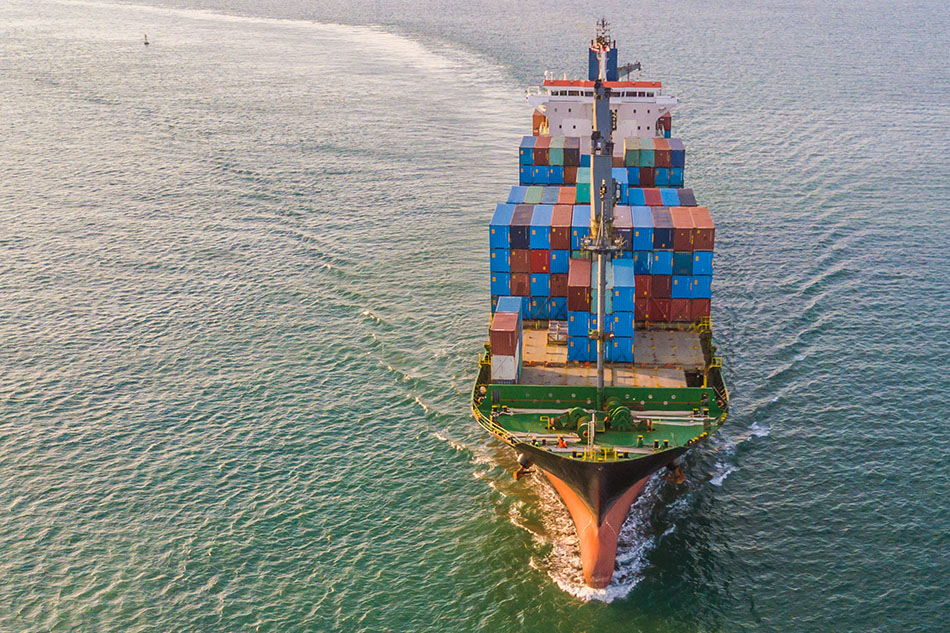
During the first six months of 2019, India brought in 156 million pounds of U.S. scrap plastics. | Avigator Fortuner/Shutterstock
Recovered plastic has largely stopped flowing from the U.S. into India, which until recently has been among the top importers of the material.


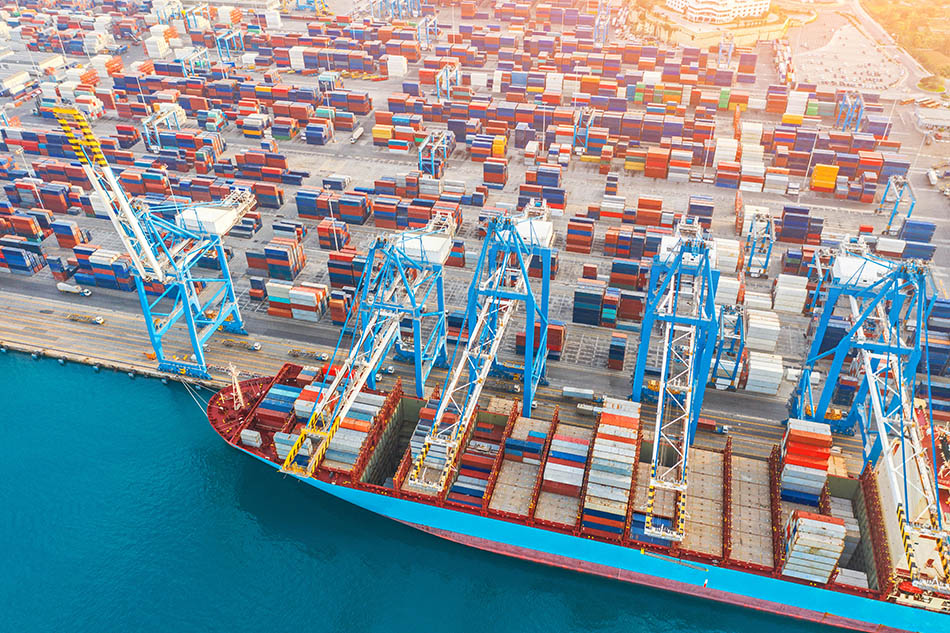
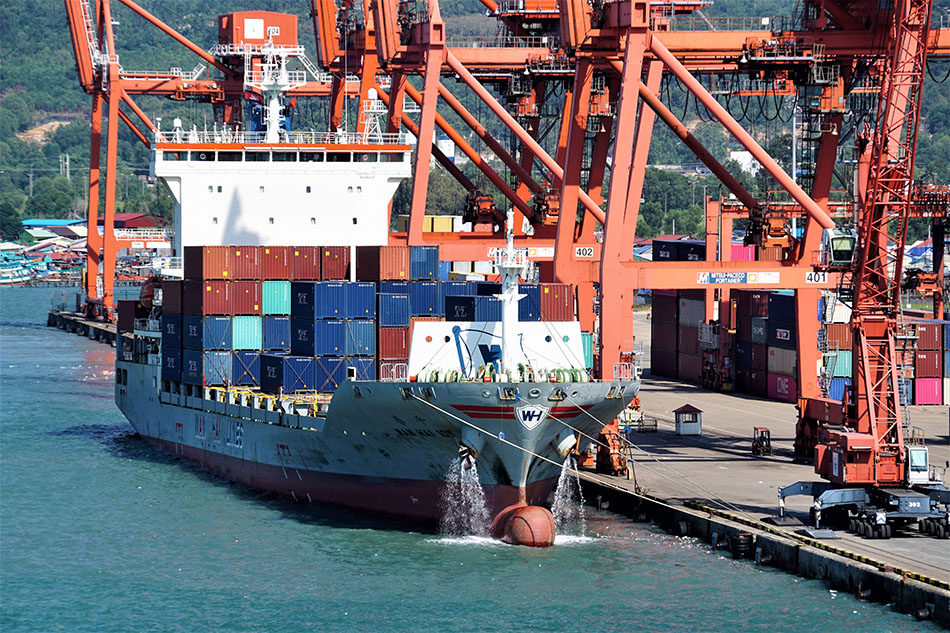
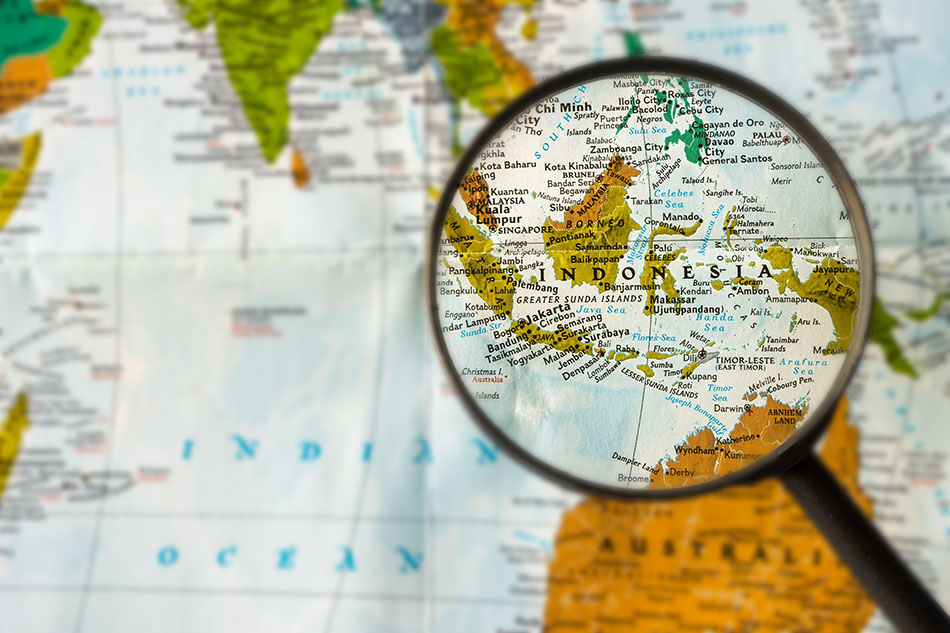
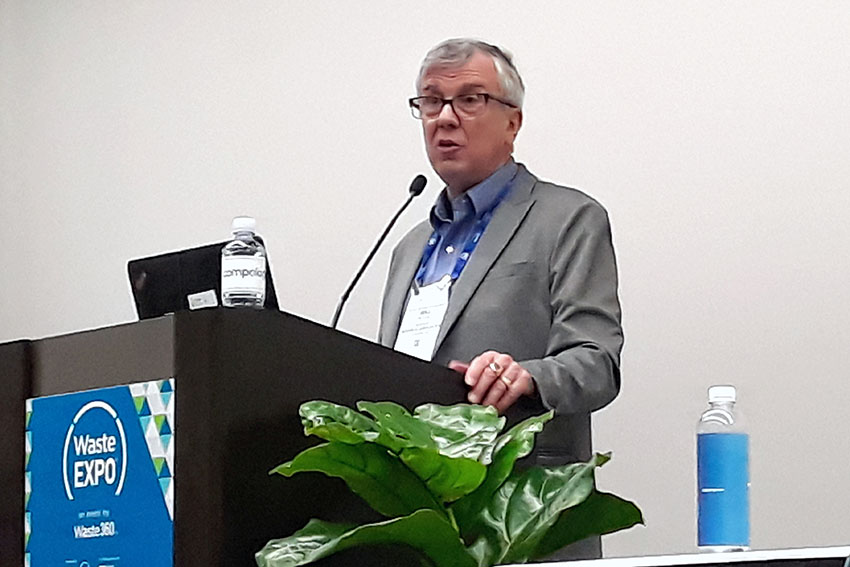
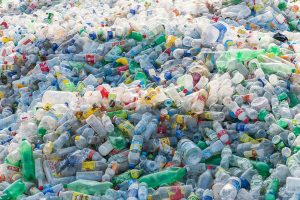 Coca-Cola will help develop a $19 million plastics recycling facility in the Philippines, marking the company’s first recycling operation in Southeast Asia.
Coca-Cola will help develop a $19 million plastics recycling facility in the Philippines, marking the company’s first recycling operation in Southeast Asia.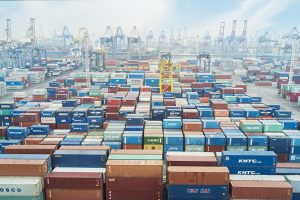

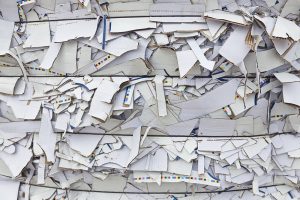 The Chinese government last week issued its latest round of recovered paper import permits, approving 2.5 million tons.
The Chinese government last week issued its latest round of recovered paper import permits, approving 2.5 million tons.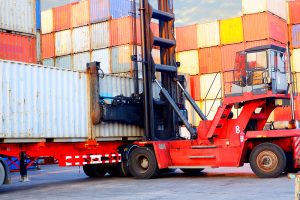 Chinese officials doubled down on plans to ban virtually all recovered material imports by the end of the year, despite opposition from U.S. interests.
Chinese officials doubled down on plans to ban virtually all recovered material imports by the end of the year, despite opposition from U.S. interests.